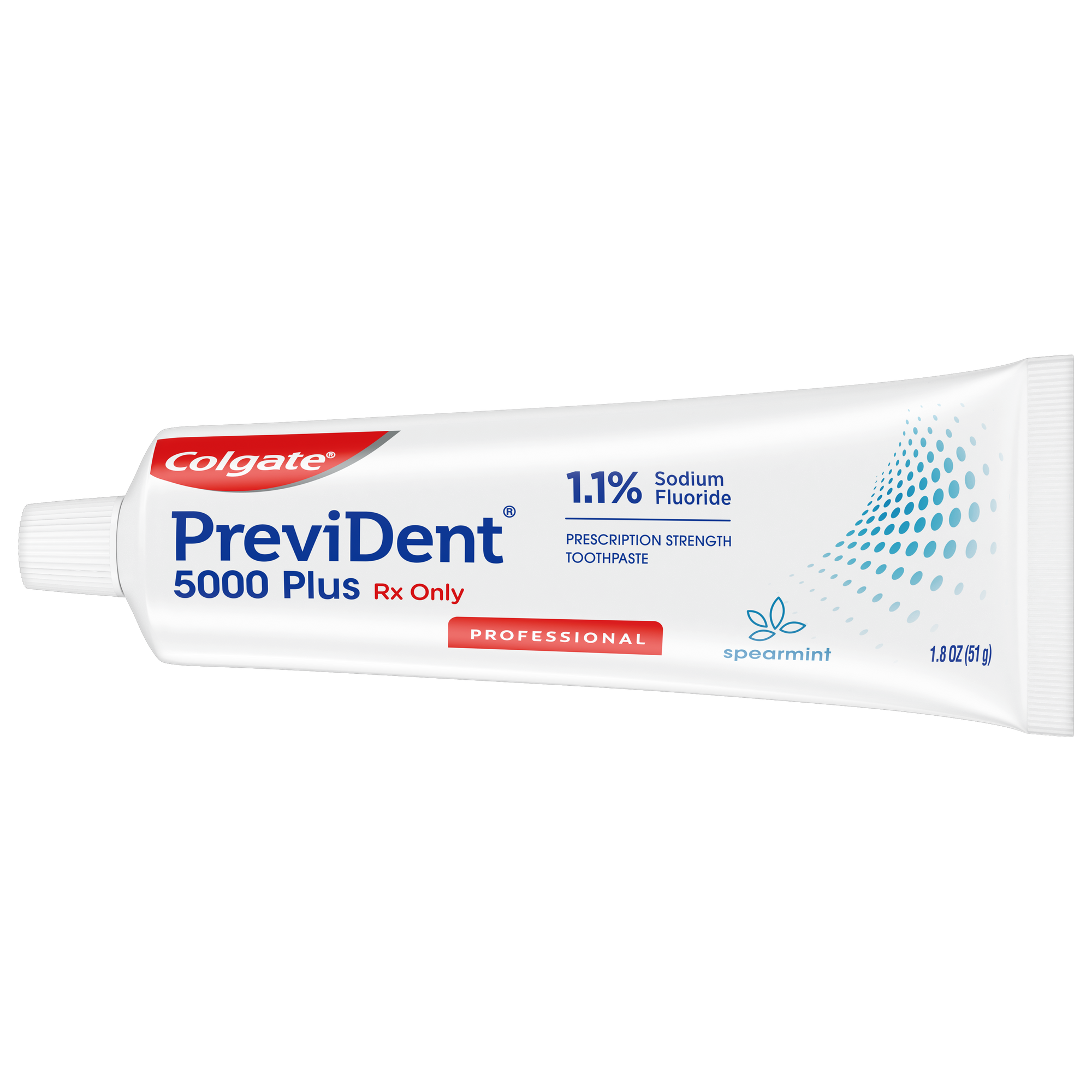What's the Difference Between Leukoplakia and Oral Hairy Leukoplakia?
Leukoplakia causes white patches in the mouth that can't be scraped off. There's no known cause for leukoplakia (when it's not of the "oral hairy" variety), but experts tend to think tobacco is a major risk factor.
Learn more about leukoplakia.
Oral hairy leukoplakia, however, is a type of leukoplakia that commonly afflicts people who have the Epstein-Barr virus and a weakened immune system (especially from HIV), according to the Mayo Clinic. Most people get the Epstein-Barr virus at some point in their lives, so it's common that someone who lives with HIV will experience these white fuzzy patches on the sides of their tongue.
But don't go self-diagnosing yourself with the Epstein-Barr Virus and HIV – the combination is a common cause, but not the only cause. Oral Hairy Leukoplakia is also associated with people who have had organ transplants or are taking medications to suppress their immune system. If you think you may have oral hairy leukoplakia visit your dental professional for a diagnosis.
Important note: Oral hairy leukoplakia looks very similar to oral thrush. If you have oral thrush (candida mouth), you may be able to wipe the white substance away or scrape it off your tongue.
Wait, Most People Get the Epstein Barr Virus? What is That?
It's the most common form of herpes and one of the most prevalent viruses in the world, according to the Centers for Disease Control (CDC). It's dormant in most adults.
Cancer Risk With Leukoplakia and Oral Hairy Leukoplakia
According to the Cleveland Clinic, 3-17.5% of people with leukoplakia develop squamous cell carcinoma, a common skin cancer type, within 15 years.
However, they say that oral hairy leukoplakia doesn't cause cancer at all. If you have this condition, as we said before, there is a link to HIV/AIDS, though.
If you have any symptoms, speak with your health and dental professionals for a timely diagnosis so you can begin treatment right away if necessary.
Learn about oral cancer signs and symptoms.
Treatment for Oral Hairy Leukoplakia
Leukoplakia patches can be removed with a scalpel, lasers, or freezing them off, but no treatment is necessary for oral hairy leukoplakia.
However, treatment for the conditions causing oral hairy leukoplakia can help the white fuzzy patches in your mouth to go away. Anti-viral medications may be prescribed for the Epstein-Barr virus, and treatment recommendations for whatever disease is causing your immune system to weaken will be best determined by your health professional.
Prevention of Oral Hairy Leukoplakia
It's unlikely you will be able to prevent the Epstein-Barr virus that causes Oral Hairy Leukoplakia. Still, there are steps you can take to prevent HIV and other diseases that weaken your immune system:
- Eat a healthy diet
- Get exercise
- Practice good oral hygiene
- Practice safe sex
- Limit your number of sexual partners
- Don't share needles
- Don't abuse drugs or alcohol
And although practicing good oral hygiene may not help oral hairy leukoplakia go away, it's still important to take good care of your oral health. Be sure to brush at least twice a day, and don't forget to brush your tongue. Choose a gentle antimicrobial mouthrinse for sores if you experience pain or irritation. And be sure to see your dental professional for regular appointments.
And one last important piece of advice – smile! Smiling and laughter will do more than decrease stress and improve your mood. It can even relieve pain and improve your immune system, too. That's not to say it's unhealthy to go through a full range of emotions if you're living with HIV or any other condition that may be weakening your immune system, but try to keep a positive outlook because it can have real effects on your overall health and ability to recover. We wish you the very best, and we send you an abundance of love and support. You can get through this!
This article is intended to promote understanding of and knowledge about general oral health topics. It is not intended to be a substitute for professional advice, diagnosis or treatment. Always seek the advice of your dentist or other qualified healthcare provider with any questions you may have regarding a medical condition or treatment.
ORAL HEALTH QUIZ
What's behind your smile?
Take our Oral Health assessment to get the most from your oral care routine
ORAL HEALTH QUIZ
What's behind your smile?
Take our Oral Health assessment to get the most from your oral care routine















